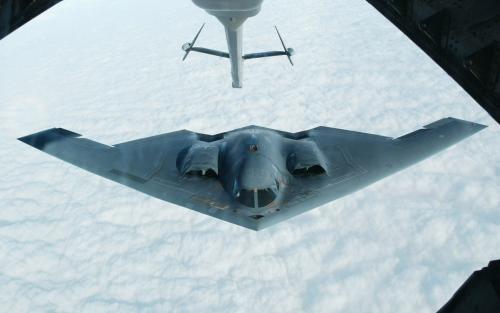Introduction
Over the last five decades, political liberalization and economic reform have not been priorities of US policy toward the Middle East and the broader Islamic world. Rhetoric emphasizing human rights, American values, and democratization notwithstanding, senior policymakers have historically accepted the notion that stability borne of the authoritarian status quo best serves the constellation of US interests. That calculation changed following the terrorist attacks on the United States in September 2001.
September 11th changed the conventional wisdom and made clear to many policymakers that the Arab world’s democracy deficit represented a threat to the security of the United States. The Bush administration has consistently emphasized that the persistence of authoritarian politics in the Broader Middle East has produced a potent mix of political and economic alienation, extremist ideologies, and intolerance— an environment conducive to the development of both terrorist organizations and rogue states. As a result, on November 6, 2003 President Bush indicated that the United States would pursue a “forward strategy of freedom in the Middle East.” Yet, in all the discussion of political and economic reform in the Arab and Islamic world that followed the president’s stirring rhetoric, the broad issue of civil-military relations in the region has been left largely unaddressed.
The requirements associated with battling global terror and promoting political liberalization have actually had a contradictory influence on US policy in the Middle East. On the one hand, the need to fight terrorism and confront rogue regimes has led the United States to strengthen its existing military-security ties with key Arab allies such as Egypt and Jordan, and to expand ties dramatically with Qatar, Yemen, and Algeria, among others. On the other hand, as the president indicated, the Bush administration has adopted a new, long-term strategy to transform political conditions in the Arab world. The approach contains a significant, but under-examined, challenge: to fight terrorism and confront radicalism, the United States seeks close ties with Arab military and security organizations. Yet, the elites that presently lead these institutions have historically resisted political liberalization and as a result may actively seek to diffuse and deflect US efforts to promote change that would undermine their power. This is not to suggest that military elites are inherently opposed to reform, but the kinds of proposed reforms are crucial. Local commanders’ outlook, professional responsibilities, and livelihood are bound up in a particular political order, and any US reform push may put this under threat.
Military organizations are key political and economic actors in the regimes of a variety of countries throughout the Broader Middle East. This study will focus on three case studies of civil-military relations—Egypt, Syria, and Pakistan (important for both their comparative research value as well as their strategic position), in an effort to understand the likely role that military officers will play in political and economic reform and to draw lessons for the wider Islamic world. In promoting reform, the United States and its partners face a considerable challenge. They must either provide incentives for militaries to embrace, or at least countenance, fundamental change or craft policies that effectively constrain the officers’ ability to oppose liberalization.
This study is divided into three broad sections. The first provides a general overview of the role of Middle Eastern military establishments in political development. Section II provides an in-depth examination of how the Egyptian, Syrian, and Pakistani militaries have shaped their respective political systems and, in turn, how the officers in these countries might affect political reform. The final section offers a number of policy prescriptions specific to the Egyptian, Syrian, and Pakistani cases as well as recommendations for the wider Islamic world.
The Brookings Institution is committed to quality, independence, and impact.
We are supported by a diverse array of funders. In line with our values and policies, each Brookings publication represents the sole views of its author(s).


